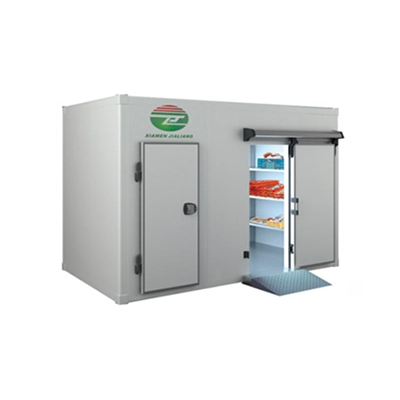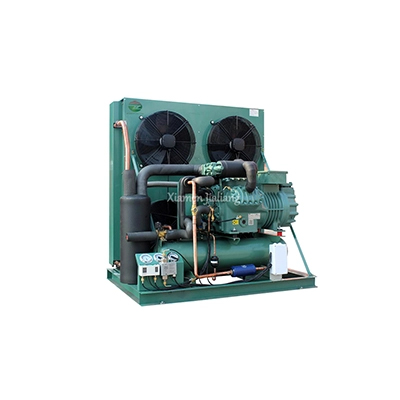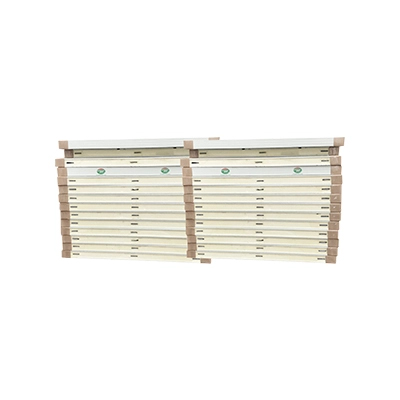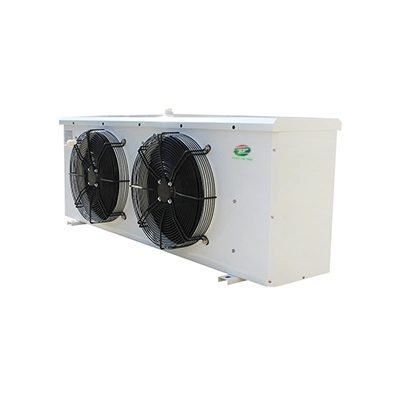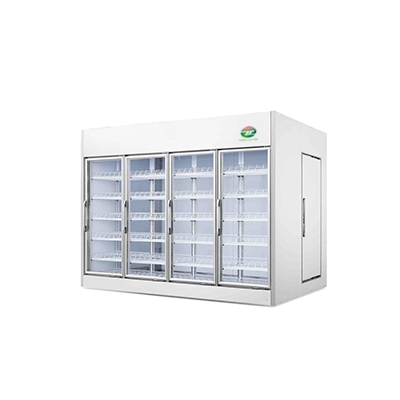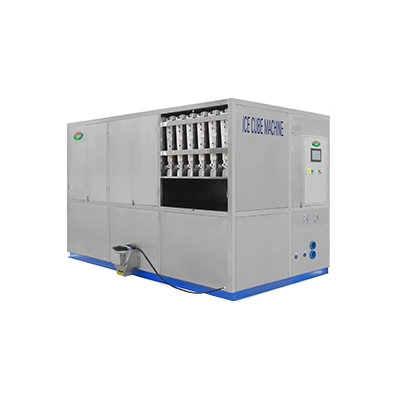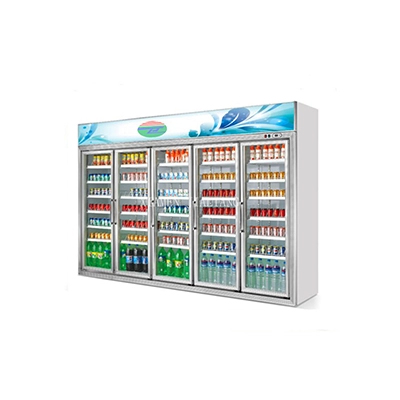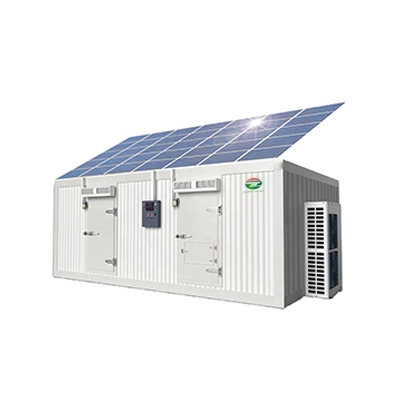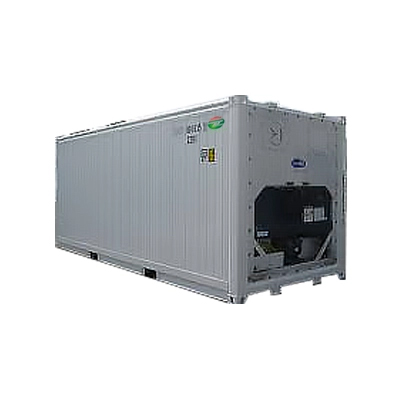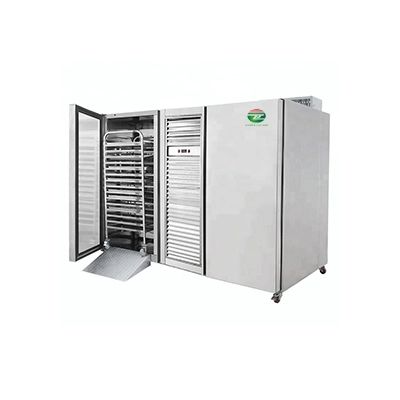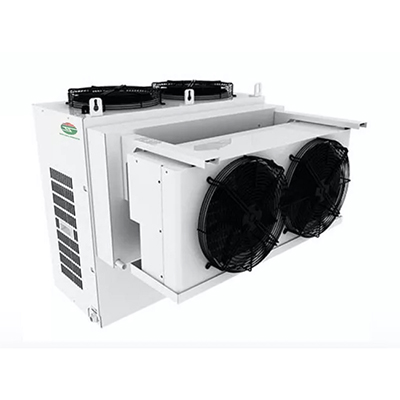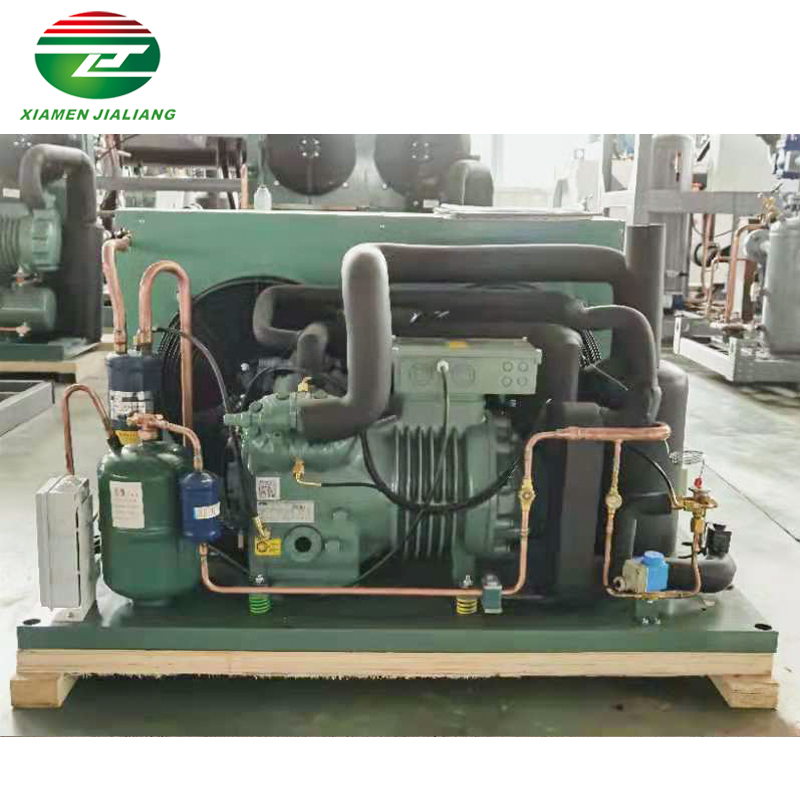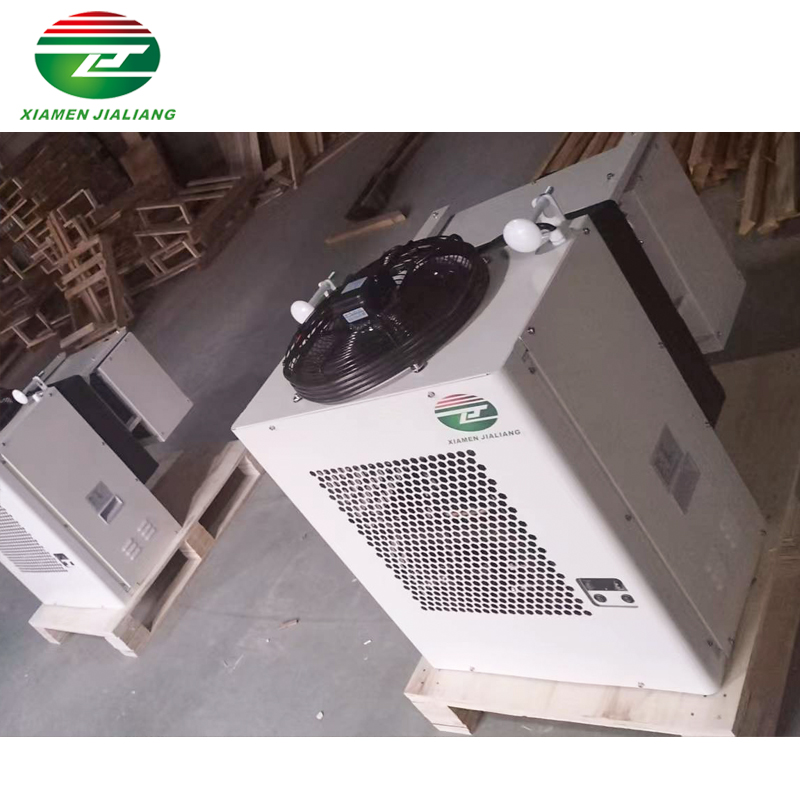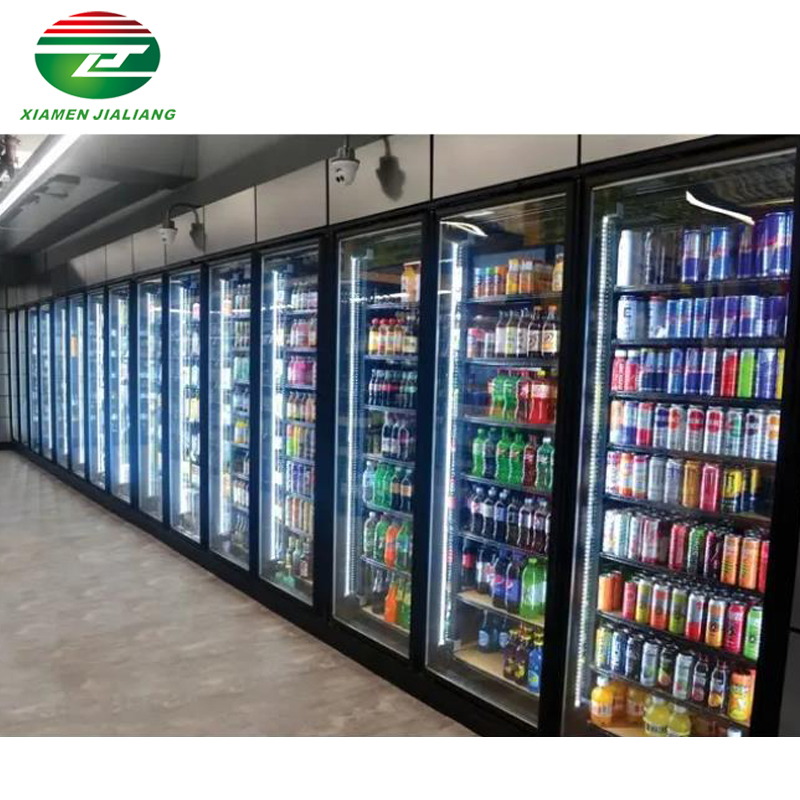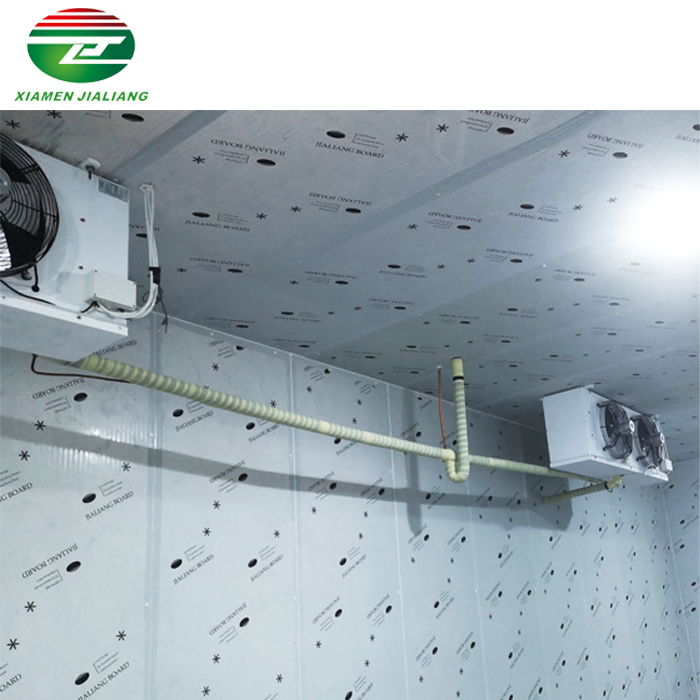What is cold room called?
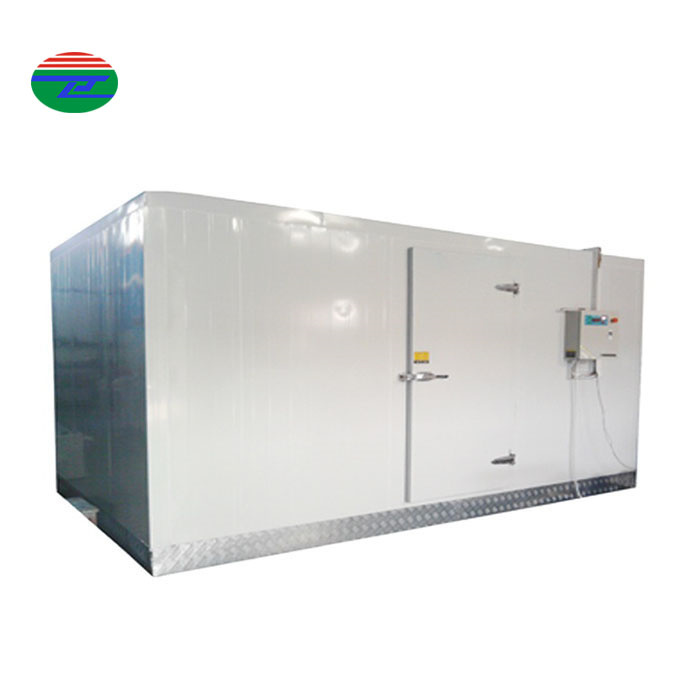
Cold rooms are an essential component of various industries that require a temperature-controlled environment. But what exactly are cold rooms? In this article, we will explore the definition and purpose of cold rooms and the different names they are known by in different regions. In addition, we will delve into the wide range of applications for cold rooms and their application areas include industries such as food storage, pharmaceuticals, and scientific research. Understanding the benefits and advantages of cold rooms and their offer will highlight their importance in maintaining product quality and extending shelf life. In addition, we will discuss the key aspects of maintenance and safety that need to be considered when operating a cold room. After reading this article, you will have a better understanding of cold rooms and their importance in various industries.
What is a cold room?
A cold room is a specialized storage unit designed to maintain a constant low temperature to preserve perishable items. It is commonly used in industries such as food and pharmaceuticals where maintaining the freshness and quality of the product is essential.
A cold room is typically a large insulated room or chamber equipped with a refrigeration system. These systems work by removing heat from the room, thereby creating a low-temperature controlled environment. The temperature inside a cold room can be adjusted to the specific requirements of the products being stored.
One of the main advantages of a cold room is its ability to store a large number of items in a compact space. Maximum storage capacity is achieved through efficient use of vertical space using racks and shelving systems. This is particularly beneficial for businesses that handle large volumes of perishable goods as it helps optimize storage and minimize wastage.
In addition to providing ample storage space, cold rooms also provide precise temperature control. This is essential for maintaining the quality and extending the shelf life of perishable items. Different products have different temperature requirements and cold rooms can be customized to maintain specific temperature ranges to suit the needs of a wide range of items. This flexibility enables businesses to store a variety of products such as fruits, vegetables, dairy products, and vaccines within the same cold room.
Cold storage is also equipped with advanced monitoring systems to ensure that temperatures remain within the required range. These systems provide real-time information and alerts in the event of any fluctuations so that corrective action can be taken immediately. This proactive monitoring helps prevent spoilage and minimizes the risk of product contamination.
Different Names for Cold Rooms
When storing perishable items such as food or pharmaceuticals, cold rooms are a vital asset for businesses. Cold rooms are specialized storage facilities designed to maintain a constant low temperature to preserve the quality and freshness of stored products. However, these cold rooms have different names across industries and regions.
In the food industry, cold rooms are often referred to as walk-in refrigerators or freezers. These large enclosed spaces are equipped with cooling systems that allow businesses to store large quantities of perishable items. Walk-in refrigerators are essential for restaurants, grocery stores, and food processing plants because they help prevent spoilage and maintain food safety standards.
In the pharmaceutical industry, cold rooms are often referred to as freezers or temperature-controlled rooms. These facilities are specifically designed to store medications, vaccines, and other temperature-sensitive pharmaceuticals. Cold storage is equipped with precise temperature control systems to ensure the integrity of these valuable medical supplies.
In the agricultural sector, cold rooms are referred to as chillers or refrigeration units. These units are used to store harvested crops, such as fruits and vegetables, before they are transported to markets or processing facilities. Chillers play a vital role in preserving the quality of agricultural products by delaying the ripening process and preventing bacterial growth.
In the field of scientific research, cold rooms are referred to as environmental chambers or climate-controlled chambers. These specialized chambers are used to create controlled temperature and humidity conditions for various experiments and studies. Environmental chambers are used in laboratories, universities, and research institutions to simulate specific environmental conditions for testing.
Applications of Cold Rooms
Cold rooms, also known as walk-in freezers, have become an essential component of various industries. These versatile storage spaces are designed to maintain low temperatures, making them ideal for preserving perishable items. From food and pharmaceuticals to scientific research and manufacturing, the applications of cold rooms are vast and varied.
In the food industry, cold rooms play a vital role in ensuring the freshness and safety of food. Restaurants, hotels, and catering businesses rely heavily on cold rooms for storing and preserving ingredients such as fresh produce, meat, and dairy products. The controlled temperature and humidity levels in cold rooms help prevent bacterial growth and extend the shelf life of perishable goods. This not only reduces food waste, but also ensures that customers are served high-quality, safe food.
Cold rooms are also widely used in the pharmaceutical industry. Many drugs and vaccines require specific temperature conditions to remain effective. Cold rooms provide a controlled environment for storing these sensitive pharmaceuticals, ensuring their potency and integrity. This is especially important for vaccines, which can lose their effectiveness if exposed to improper temperatures. By utilizing cold rooms in this way, pharmaceutical companies can maintain the quality and effectiveness of their products, ultimately safeguarding public health.
Scientific research facilities rely heavily on cold rooms for a variety of applications. From storing biological specimens such as DNA and cell cultures to preserving research reagents and chemicals, cold rooms provide a stable and controlled environment. This is essential for maintaining the viability and integrity of these valuable research materials. Cold rooms are also used in medical laboratories to store blood samples, transplant organs, and other medical supplies.
The manufacturing industry also benefits from the use of cold rooms. Certain manufacturing processes require low temperatures to ensure product quality and integrity. Cold rooms are used to cool and freeze products such as electronics, plastics, and chemicals during the production process. Additionally, cold rooms are used to store raw materials and finished products, protecting them from heat and humidity that can affect their quality.
Benefits and Advantages of Cold Rooms
Cold rooms are essential for businesses across a variety of industries and can offer many benefits and advantages. These specialized storage facilities provide a low-temperature controlled environment, making them ideal for preserving perishable goods. Advantages of cold rooms do more than just keep products fresh; they also help improve efficiency and reduce waste.
One of the main benefits of cold rooms is the ability to maintain product quality and extend shelf life. By keeping temperatures at optimal levels, cold rooms prevent the growth of bacteria and other microorganisms that can spoil food and other perishable items. This ensures that businesses can store products for longer periods of time without compromising their quality.
Another advantage of cold rooms is their versatility. These rooms can be customized to accommodate a wide range of products, including fruits, vegetables, dairy products, pharmaceuticals, and even chemicals. Adjustable temperature settings and humidity control features allow businesses to create perfect storage conditions for their specific needs.
In addition to ensuring product quality, cold rooms can also help businesses reduce waste. By having a dedicated space to store perishable goods, companies can better manage inventory and minimize the risk of spoilage. This not only saves money but also reduces the environmental impact associated with food waste.
Cold rooms also play a vital role in maintaining food safety standards. With strict regulations, businesses in the food industry must ensure that their products are stored and handled under hygienic conditions. Cold rooms provide a clean and controlled environment, minimizing the risk of contamination and helping businesses meet necessary safety requirements.
In addition, cold rooms help improve overall operational efficiency. By designating storage areas for perishable goods, businesses can streamline their supply chain and improve inventory management. Companies can save time and resources by easily accessing products and reducing the need for frequent restocking.
Maintenance and Safety Considerations for Cold Rooms
Maintenance and Safety Considerations for Cold Rooms are essential to ensure the smooth operation and longevity of these specialized storage spaces. Cold rooms are vital to various industries such as food and beverage, pharmaceuticals, and research laboratories, where the storage and preservation of temperature-sensitive products is crucial.
Regular maintenance is essential to keep cold rooms in optimal condition. This includes cleaning cold rooms regularly to prevent the accumulation of dirt, dust, and other contaminants that can affect their performance. It is recommended to use non-abrasive cleaners and soft cloths to avoid damage to the interior surfaces. In addition, inspection and replacement of worn door gaskets and seals is essential to maintain proper insulation and prevent temperature fluctuations.
Temperature control is a critical aspect of cold room maintenance. Proper calibration and regular monitoring of temperature and humidity are essential to ensure that the stored products remain within the required range. It is recommended to invest in a reliable temperature monitoring system and alarms to alert the operator in the event of any deviations. Regular inspection and maintenance of refrigeration units, including compressors, condensers, and evaporators, is also essential to guarantee efficient cooling and avoid breakdowns.
Safety considerations are equally important for cold rooms. Adequate ventilation is essential to prevent the accumulation of harmful gases or chemicals that may be present in the stored products. Proper labeling of hazardous materials and following safety protocols for their handling and storage are essential to protect workers and prevent accidents. Installing emergency exits, fire suppression systems, and adequate lighting are also important safety measures to ensure a safe working environment.
To optimize cold room performance and ensure energy efficiency, insulation plays a large role. Insulating the walls, floors, and ceilings of the cold room with the right materials helps minimize heat transfer and reduce energy consumption. To maintain its effectiveness, it is necessary to regularly inspect the insulation for any damage or wear.
Conclusion
Cold rooms are essential for businesses that require efficient and reliable storage solutions for perishable items. They maintain controlled low temperatures and provide ample storage space, thereby preserving the quality of a wide range of products and extending their shelf life. Cold rooms play a vital role in maintaining product integrity and ensuring customer satisfaction. They are used in a variety of industries, including food, pharmaceuticals, scientific research, and manufacturing processes. Investing in a cold room can greatly enhance a business’s ability to store and manage products effectively, reduce waste, and improve operational efficiency. Regular maintenance, temperature control, safety measures, and proper insulation are essential to keeping a cold room in top condition and preserving the integrity of stored products. As technology advances, the demand for cold rooms is expected to grow, highlighting their importance in today's industrial landscape.

